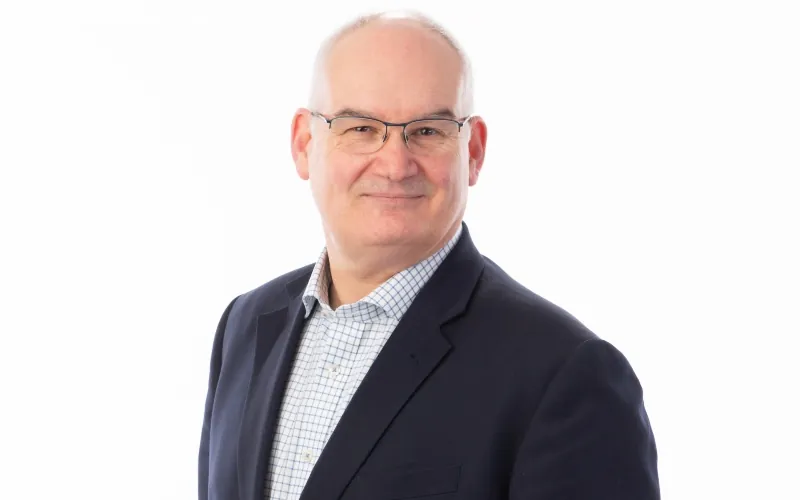A Sheffield-based startup aiming to win the race to develop the world’s first ‘memory safe’ computer chip has raised £2.5m in a funding round led by Mercia Ventures.
SCI Semiconductor, which brings together leading industry figures, has already signed up a number of key customers including Google Research and will use the funding to build a team of engineers and bring its product to market.
The investment was from NPIF II – Mercia Equity Finance, which is managed by Mercia as part of the Northern Powerhouse Investment Fund II (NPIF II), and also angel investors from the UK and Silicon Valley.
The company aims to resolve the problem of ‘memory safety’ which is the key factor in around 70 per cent of cyber attacks.
Its chip will enforce security by dividing memory into compartments and tightly controlling how it is accessed. The product, which would be used in conjunction with open source software and development tools, would reduce cybersecurity costs and remove the need for constant patching.
The business, which has secured over £1m in government grants to help develop the technology, currently has a team of over 20, headed by co-founders and industry veterans Haydn Povey and Krishna Anne.
It now plans to set up a base in Sheffield and recruit a further 20 engineers.
“Cybersecurity is second only to global conflict in terms of factors affecting the economy,” said Povey.
“Memory safe chips have been shown to prevent 70% of all attacks and would enable organisations to continue using existing software with complete peace of mind.
“Developing a new generation of chips here in the UK will also help to ensure supply chain security and restore the country’s position as a leader in semiconductor technology.”
Will Schaffer, investment director at Mercia Ventures, added: “Memory safety has been a problem for years but until now has been a secondary priority. However with the world becoming more dangerous, government and industry have woken up to the dangers.
“Despite collaboration between the big tech companies, no one has yet managed to build a silicon chip that addresses the issue.
“The funding will help SCI to win the race for memory safety and deliver next generation security.”


